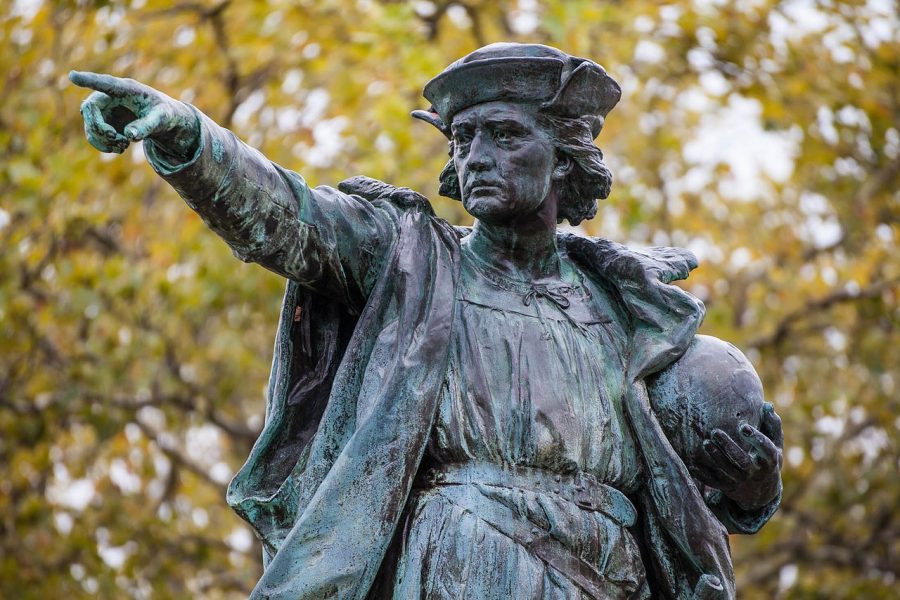Who was Columbus?
Columbus may not have been the hero explorer we were to taught to think he was.
This past Monday, cities all across the United States, like New York, Houston, and D.C., held parades, concerts, and events in celebration of one of our federal holidays, Columbus Day.
On the same day, though, cities such as Denver, Seattle, and Los Angeles held parades, concerts, and events for an entirely different holiday, Indigenous Peoples’ Day. These are the cities that have decided they don’t like what Columbus Day stands for — in most cases, Columbus day signifies oppression of large numbers of Native Americans in the past. However, the aforementioned cities don’t want to ignore the significance of Columbus Day.
“The motion, let me be clear, is not about erasing history,” said Los Angeles Supervisor Hilda Solis to LA Times. “This is about understanding that for centuries, America’s ancestors oppressed certain groups of people. And while we can’t change the past, we can acknowledge and make that history right today.”
Most cities that do celebrate the holiday do so because it’s been that way since the holiday’s official foundation in 1934. Some cities, like New York, have received opposition when talk of not observing Columbus Day came to the table. Groups such as Italian-Americans and Catholic Organizations like The Knights of Columbus believe that Columbus’ legacy is one to be remembered. Italian-Americans in particular consider him ‘a symbol of progress and cultural pride’.
The New York Post asked through a poll an interesting ethical question — “Do you think Christopher Columbus and other historical figures should be judged by the standards of conduct during the time they lived or by the standards of conduct today?”
Their results showed that “more than 3 of 4 respondents — 76 percent — said they should be judged by the standards of their times, while just 16 percent said by the standards of today, while 8 percent gave no answer.”
The truth of the matter is that Christopher Columbus did, in fact, come to America as one of the first, but he also brought with him a slew of illnesses such as smallpox and the influenza virus, diseases that indigenous bodies were not built to sustain.
However, there was no way for Columbus to have known him and his crew were carrying so many deadly diseases.
What he could have prevented was the genocide of hundreds of thousands, possibly even millions, of Native Americans.
A Spanish Historian, Bartlome de Las Casas, living in the time of Columbus wrote “There were 60,000 people living on this island [in 1508], including both Spaniards & Indians. So that between 1494 and 1508 more than three million people died from war, slavery and the mines. Who in future generations will believe this? I myself as an eyewitness can scarce believe it.”
To add to the horrific reality, James Lowen, an American author devoted to making history right through books such as Lies My Teacher Told Me, explained how Columbus was the origin of the Trans-Atlantic slave trade, sending more slaves than any other individual.
What if Columbus had not come to the Americas, though? What different world would we live in? Is there, somewhere, a hidden upside to all of the suffering Columbus inflicted on Native America?

My name is Emily and I am so excited to be a member of the editorial board again for my senior year at Oakton. My favorite articles to write typically...





